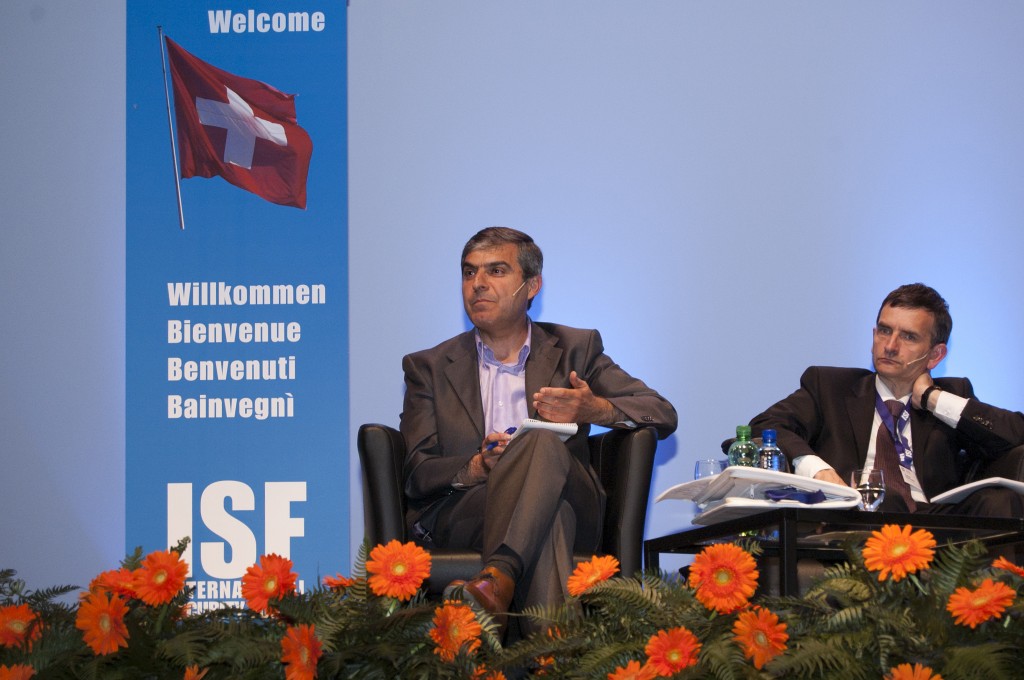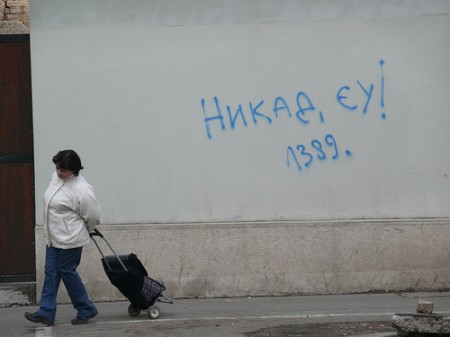
Coming up this week in our ISN Insights coverage:
The Kofi Annan Foundation’s Albert Souza Mulli tackles the growing scourge of transnational organized crime on Monday.
On Tuesday, Professor John Mueller of Ohio State University opines about the overblown threat of nuclear weapons.
Dr Alex Wilner of the Center for Security Studies at ETH Zurich argues that combating terrorism involves a better understanding of the radicalization process on Wednesday.
And on Thursday, Francesco Milan, a Researcher with the Ankara-based International Strategic Research Organization, previews Turkey’s 12 June general elections.
And in case you missed any of last week’s special, expanded coverage of the International Security Forum, catch up here with articles on: US-Iranian relations; envisaging the security challenges of a post-nuclear world; uncovering “participationist Islam”; reversing the excesses of post-9/11 policy; developing a more realistic cyberwar threat assessment; and managing China’s rapid rise.




